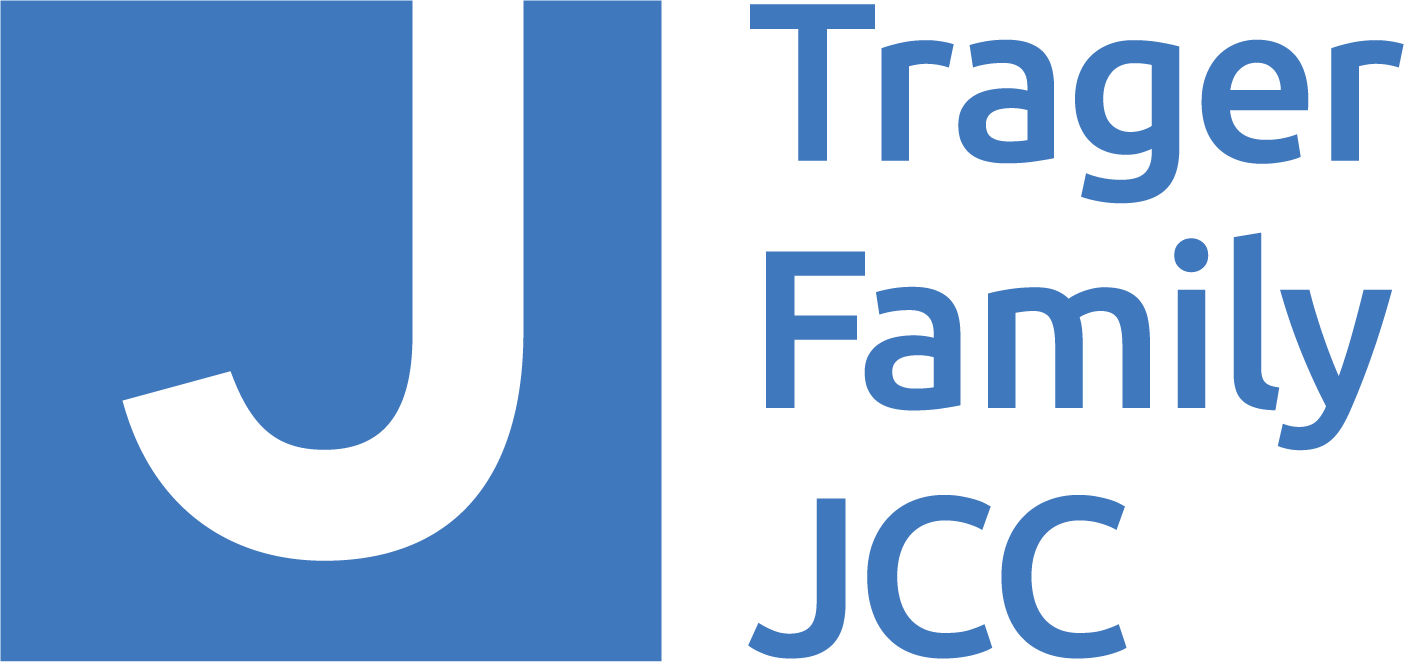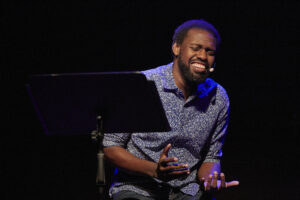By David Y. Chack
Guest Contributor
In the wake of rising antisemitism in America and amid the uproar in Louisville over the killing of Breonna Taylor in March of 2020, Louisville Orchestra Music Director Teddy Abrams decided to challenge bigotry and divisiveness via the beauty and creativity of music.
Abrams, who is Jewish, knew that Jewish and Black cultures often intersect in the arts, envisioning a Jewish and Black heritage concert to create bonds of healing and reparation throughout all of Louisville. In short, a Tikkun Olam.
This practice of tikkun olam will be on full display on Jan 13 with a concert at the Kentucky Center for the Performing Arts, and Jan. 14 at St. Stephen Baptist Church. Featuring music of praise, faith, and just plain fun, that transcends genres — selections of works by Jewish composers, and gospel arrangements performed by the St. Stephen Choir, will also feature Jewish music artists Anthony Russell (classical vocalist), Dmitri Gaskin (composer and performer), and David Krakauer (klezmer clarinetist).
I had the opportunity to interview both classical vocalist Anthony Russell, who is Black and Jewish, and Louisville Orchestra Executive Director Graham Parker, who is also Jewish.
Speaking of the Black and Jewish heritage intersecting in the music, Parker said: “I really want to thank Anthony for helping me find the language that describes this heritage that can be called Black roots music, which can be interpreted as spiritual or gospel, or many other expressions of its kind, and Jewish roots music, which we often only call ‘klezmer.’ But that’s not quite accurate either.
“There’s song and many other intersecting parts to the Jewish and Black roots expression. Themes of redemption, of slavery, of fear, of love, of hope, of longing for a new land, and then placing these alongside each other in concert is unique, and not segregating them to first half and then second half of the performance,” Russell said.
Speaking about himself as a Jew and Black man and being face to face with the music of Jewish and klezmer art song, Mr. Russell added: “I’ve said this before, and I’ll say it again as a creative person, as a performer, as a composer, as an arranger, as a Black person, and as a Jew — one of the most interesting questions for me has always been, what happens when the African diaspora meets the considerable mileage of the Jewish diaspora? Of course, ten years or so ago, pretty much as long as my career, as a performer of Yiddish — I’ve been very lucky to have had collaborators who have helped me realize what this exploration looks like, something that I’ve actually titled for myself who is a Black-Yiddish type.
“What does a Black-Yiddish type look like? What does it mean for me to be able to articulate myself and my history and my heritage through the medium of Jewishness, and vice versa? And eventually I ended up working with Dmitri Gaskin, who was this wonderful accordion player, a composer and an arranger as well. And we’ve been collaborating not only on creating this kind of music of this Black Yiddishkeit, but also new kinds of music in the Yiddish language for almost 10 years now.”
Russell spoke about how he brought it all together: “What is this music that I’m going to be performing, and various other people are going to be performing on this concert? It was literally me, being inspired by numerous archival recordings, like Alan Lomax recordings but also archival recordings of Yiddish folk songs and sort of trying to create these musical African-American, Ashkenazi Jewish texts a cappella.”
I asked, “You have said that when you started singing or hearing Yiddish songs, and then you placed them in juxtaposition with Black spirituals, that you found a connection and a similarity musically that was really close and that spoke to you.” Russell replied, “I feel like these two genres, the Yiddish art song and the concertized spirituals in many ways are sort of versions of the same phenomenon, which is previously marginalized groups of people being able to articulate themselves within the context of high art.”
About the concert in Louisville, now in the third year of this special series, The LO’s Parker said: “We were very, very excited to partner with a number of Black churches and Jewish temples to bring their congregations and their spiritual leaders together. These congregations studied texts together – Hebrew Bible, psalms, speeches of Martin Luther King and speeches and writings of James Baldwin. And through that were able to get to know each other. The old fashioned “break bread together” and get to know each other happened, and they discovered that these churches and synagogues had been in this town for the same amount of time, and had no connection with each other. That changed.”
I know this concert will have the added benefit of being part of a tikkun olam moment in our community. As Parker put it: “On a meta level in terms of Louisville, the work that needs to be done here, around healing and seeing, seeing each other as community as part of the fabric of the city — I think this is Teddy Abrams’ goal as our music director. The orchestra is part of civic change (and) civic leadership, and that we continue to work to bring communities together, to bring peoples together who have lived side by side and just don’t see each other, and don’t know each other. We will do that work, again and again and again.”
For more information on the concert and ticket details, go online at https://louisvilleorchestra.org/concert/classics-together-in-song/
David Y. Chack is Adjunct Professor at the Theatre School at DePaul University in Chicago; Producing Artistic Director of ShPIeL-Performing Identity and ShPIeL Theatre in Chicago, Louisville and Los Angeles; and a member of the Honorary Board, Alliance for Jewish Theatre.




